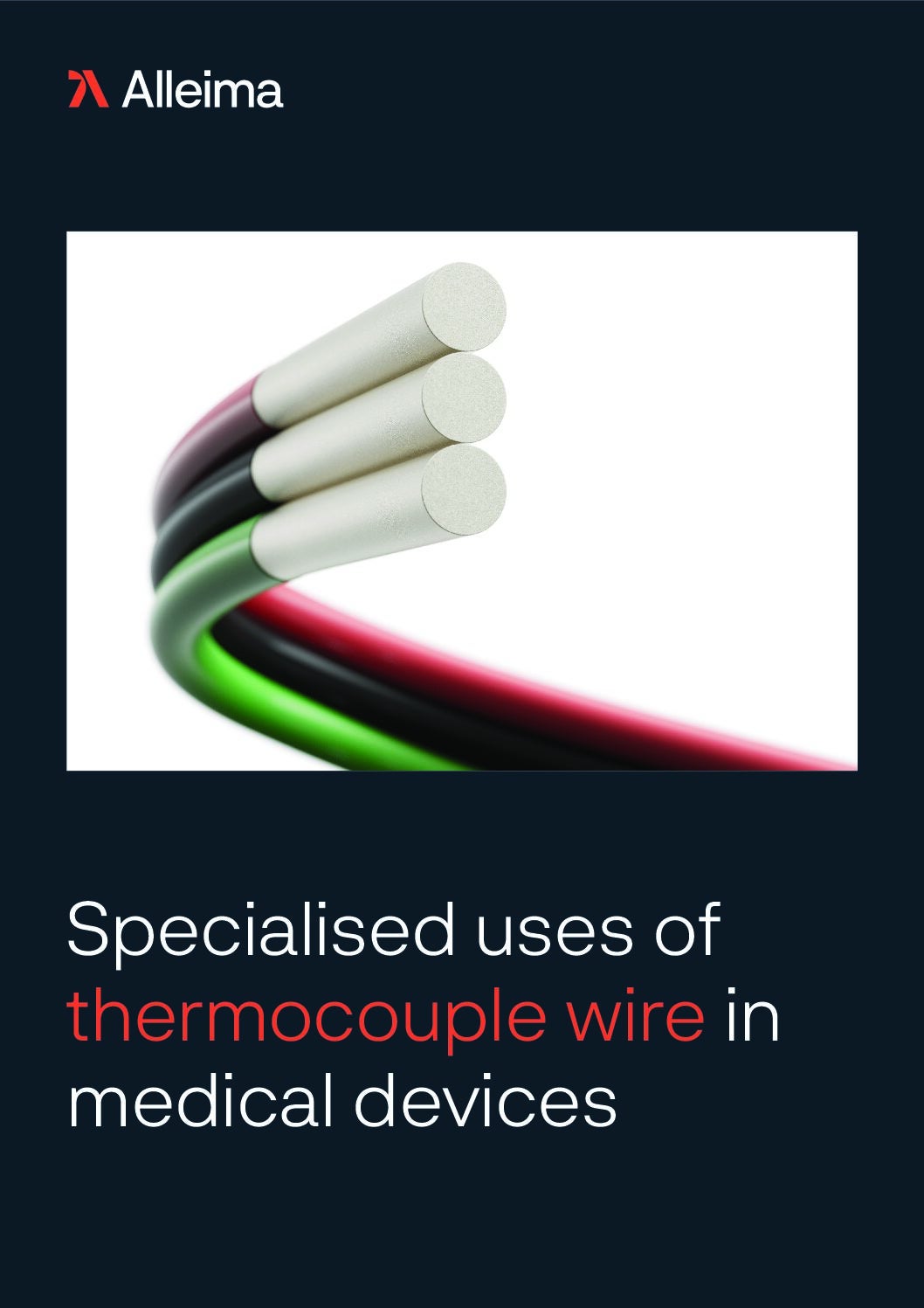
The neurostimulation market is experiencing significant growth, driven by demand for devices that are transforming a range of neurological conditions, including epilepsy, chronic pain, and Parkinson’s disease.
Recent analysis indicates that the global neuromodulation device market reached approximately $6bn in 2023 and is expected to nearly double by 2033, approaching $11bn.[1] This rise is part of an overall shift toward solutions that provide personalisation in treatment and offer non-invasive options for managing conditions resistant to traditional therapies.
According to GlobalData figures, there are currently 331 neurology devices in the product pipeline. Neuromodulation devices also feature heavily, with 142 devices, and deep brain stimulators (DBS) are notable with 55 in development. Other common equipment types in this field include cortical stimulators (35), vagus nerve stimulators (VNS) (24), and spinal cord stimulators (SCS) (18). [2]
Diverse applications of neurostimulation technologies
Neurostimulation covers a broad spectrum of devices, with each targeting specific neurological challenges. For example, deep brain stimulation devices have become increasingly effective for conditions such as Parkinson’s disease and essential tremors, helping to restore motor function and enhance quality of life for patients who require alternatives to medication.
Vagus nerve stimulators are particularly effective for epilepsy patients who do not respond to medication, stabilising irregular brain activity by delivering targeted electrical impulses via the vagus nerve. This treatment has shown success in managing symptoms for an estimated 30% of epilepsy patients where drug therapy is insufficient. [3]
Neurostimulation’s expanding horizons
While neuromodulation devices have historically focused on managing chronic pain and motor-related conditions, their applications are diversifying. New devices are being developed to address sleep disorders, with recently approved neurostimulators designed for treating chronic insomnia. Similarly, innovative neurostimulation technology has been trialled for severe migraine and cluster headaches, providing non-pharmacological relief for patients who have limited options. In addition, emerging research is exploring the potential of neurostimulation to treat Alzheimer’s and traumatic brain injuries, further expanding the scope and impact of these devices in healthcare.
For many patients, these devices allow for a better quality of life, especially when conventional treatments fail. The widening applications of neurostimulation not only promise individual improvements but are also reshaping neurological healthcare’s broader approach.
The role of medical wire in neurostimulation devices
Central to the functionality and dependability of neurostimulation devices are specialized manufacturing capabilities along with design and engineering expertise to realize advanced medical wire technology that ensures safe and precise signal transmission. Complex medical wire solutions are critical to the reliable delivery of electrical impulses, which underpins both patient safety and device efficacy. As neurostimulation technology becomes increasingly miniaturised and customised, the need for high-quality, durable wire that meets complex anatomical and technological demands is paramount.
Specialised engineering and manufacturing partners , play an essential role in this landscape, designing and developing innovative and advanced material solutions and components that enhance the performance and biocompatibility of neurostimulation devices. For adaptive DBS systems, for example, responsive and resilient wiring is crucial for achieving real-time, tailored stimulation that adapts to a patient’s neural state. As neurostimulation technology advances, the role of superiorly designed and processed wire-based components in facilitating these breakthroughs will only grow, ensuring that devices are not only effective but also adaptable to the intricate requirements of personalised neurological care.
Alleima is a trusted partner for leading OEMs in the Neuromodulation space, acting as a one-stop partner with expertise in designing, developing and manufacturing complex, life-changing solutions for medical devices. Alleima’s engineering services and broad range of cutting-edge processing capabilities have become essential in a market where medical devices are becoming smarter, smaller and more complex. To find out more, download the document below or visit their website alleima.com/medical.
References:
1. GlobalData Intelligence Center, Synergia implants first patients with neurostimulator for epilepsy treatment, September 23, 2024
2. GlobalData Intelligence Center, Medtronic teases positive data adaptive deep brain stimulation trial, September 18, 2024
3. GlobalData Product Pipeline Database, Distribution of Neurology and Neuromodulation Devices by Indication, November 2024


